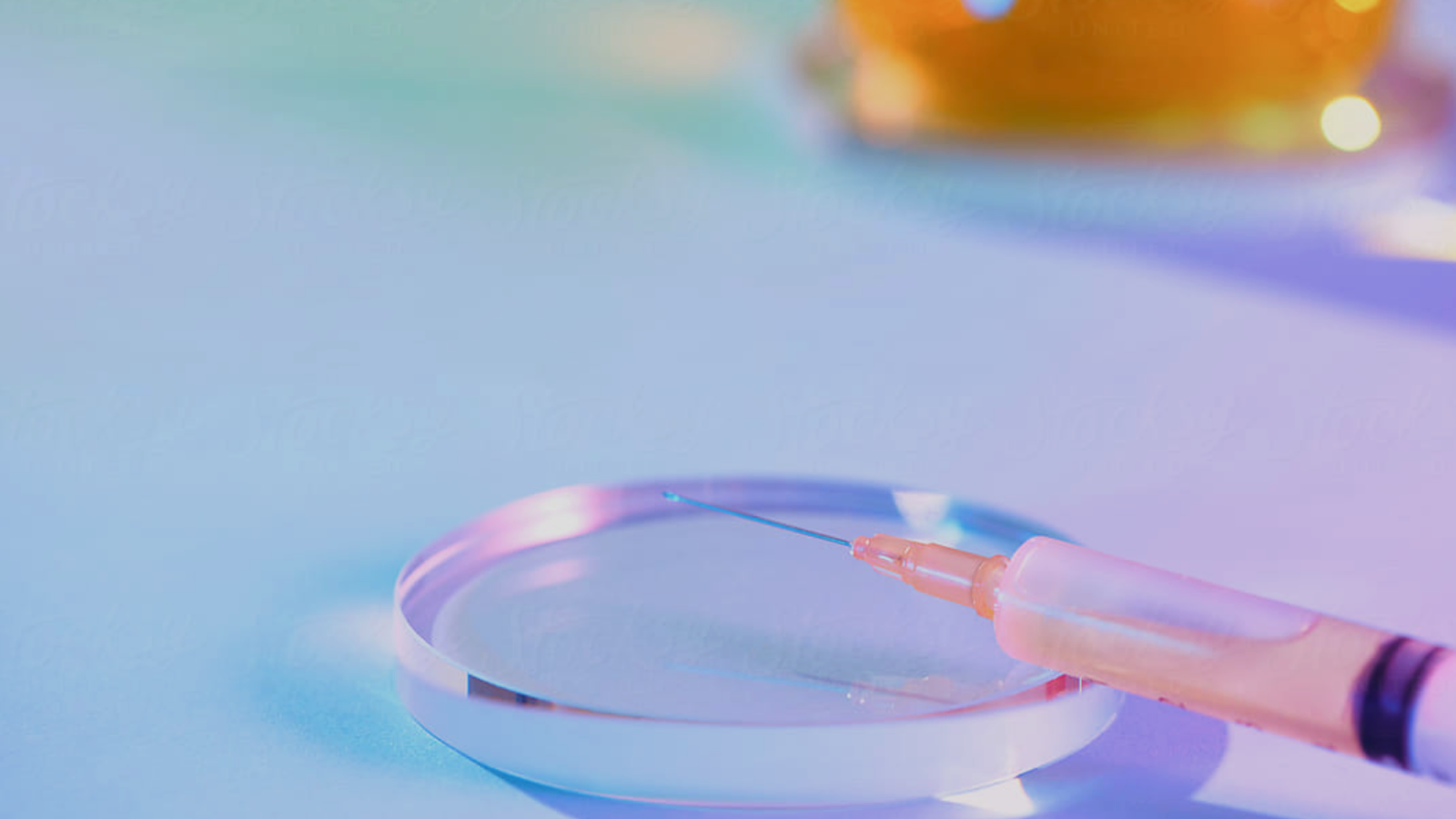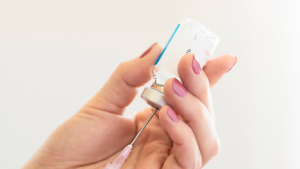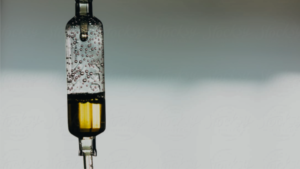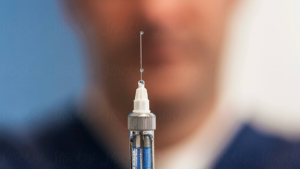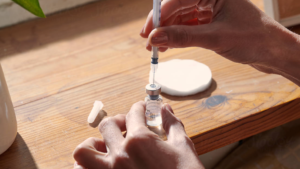Benefits of Zinc Injection or IV Therapy
- Immune Support: Boosts the immune system, helping to fight infections and illnesses.
- Wound Healing: Essential for proper wound healing and skin health.
- Antioxidant Protection: Acts as an antioxidant, protecting cells from oxidative damage.
- Hormone Regulation: Supports healthy hormone levels, including testosterone.
Indicators for Zinc Injection or IV Therapy
- Symptoms of Deficiency: Symptoms can include hair loss, poor wound healing, loss of appetite, impaired taste and smell, and frequent infections.
- Medical Conditions: Conditions like chronic diarrhea, Crohn’s disease, celiac disease, and other malabsorption syndromes.
- Increased Nutrient Demand: Situations such as chronic stress, surgery, or chronic illness.
Dosage, Injection Frequency, and Location
- Dosage: The dosage varies based on individual needs. Standard doses range from 25-50 mg, but higher doses may be required in cases of severe deficiency.
- Injection Frequency: Often administered weekly or bi-weekly initially, followed by maintenance doses as needed.
- Location: Intramuscular injections are usually given in the deltoid muscle (upper arm) or the gluteal muscle (buttocks), or added to the IV infusion
Side Effects of Zinc Injection or IV Therapy
Common side effects are generally mild and may include:
- Discomfort at the injection site
- Nausea or vomiting
- Metallic taste in the mouth
Rare but serious side effects can include:
- Allergic Reactions: Symptoms might include rash, itching/swelling (especially of the face/tongue/throat), severe dizziness, and trouble breathing.
- Copper Deficiency: High doses of zinc can interfere with copper absorption, leading to deficiency.

